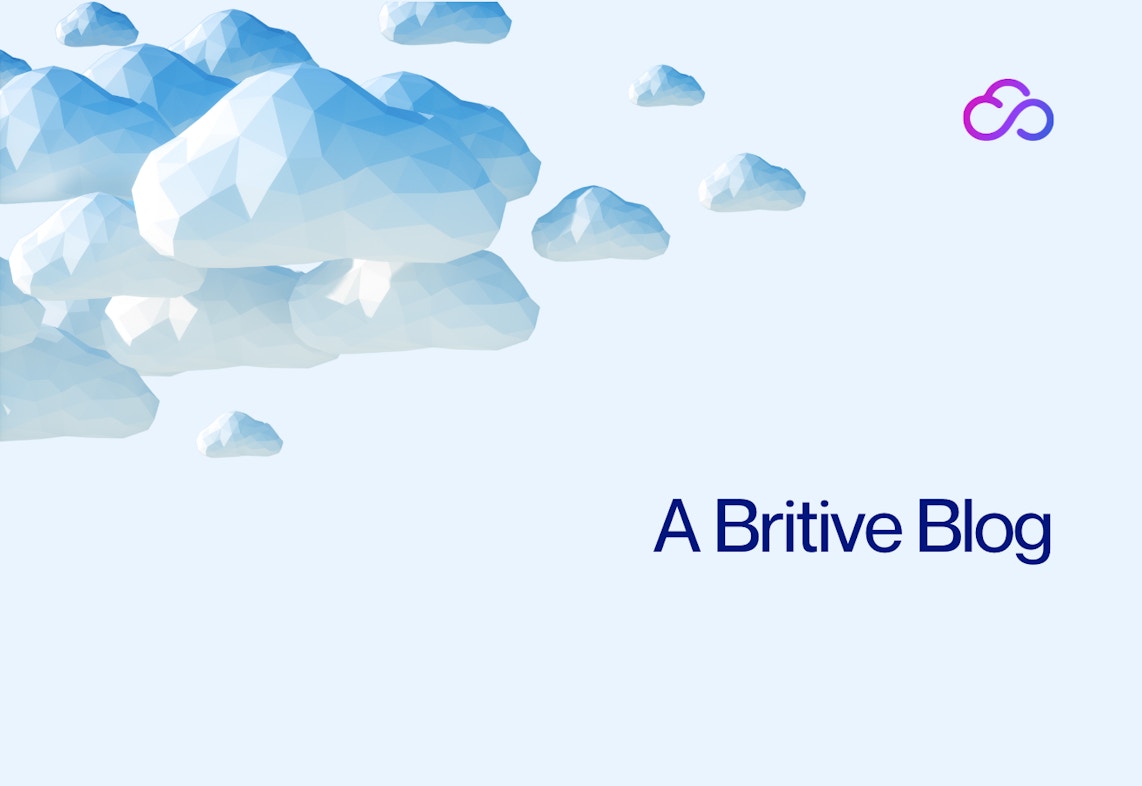


Back to resources
Off-boarding Matters: How to Protect Your Company and Customers from Employees with Bad Intentions
October 2021 / 6 min. read /

Off-boarding in the Cloud
Stop me if you've heard this one before: an employee is terminated and, fueled by resentment, seeks revenge on the employer.
In the digital age, revenge takes various forms, but many times it involves stealing, sharing, or maligning valuable data that hurts the organization and exposes customer information.
Well, it has happened again. As Info Security reported recently, “a former credit union employee is facing a decade behind bars after pleading guilty to destroying large amounts of corporate data in revenge for being fired.”
Juliana Barile, 35, of Brooklyn, submitted the plea at a federal court in Brooklyn on Tuesday, admitting to one count of computer intrusion arising from her “unauthorized intrusion into, and destruction of data” on her former employer’s computer system. Two days after being fired on May 19 2021, Barile is said to have accessed the file server of the New York-based credit union, opened confidential files and deleted 21.3GB of data, including 20,000 files and almost 3500 directories, according to the Department of Justice (DoJ). The deleted files apparently related to mortgage loan applications and the company’s anti-ransomware software.
Here at Britive, we stress the importance of an efficient off-boarding process. As this story illustrates, the absence of such a process leads to disastrous results.
The modern digital workplace is a diverse environment comprising remote and on-prem employees accessing numerous apps and systems that are housed across multiple cloud environments.

Eliminate Standing Privileges
These users – human and robots alike – need access to an organization’s cloud environments to complete tasks day after day. Unfortunately, many users receive privileges they do not need – they are essentially “over-privileged” – due to the sheer volume of users within an enterprise organization. What's more, these are often “standing privileges,” meaning they remain open in perpetuity.
It is very difficult to manage user privileges effectively when there are thousands of them that need access to multiple apps and systems. It is also very difficult to ensure users that leave the organization lose all privileges immediately. In the case of the credit union employee, following her termination, she could only access the organization’s file server remotely for forty minutes before her credentials were revoked. Fast – but not fast enough to stop the breach.
Britive Can Help
The Britive Multi-Cloud Privilege Management Platform helps organizations protect the keys to their kingdom by enabling Just-In-Time (JIT) permissioning which enforces a policy of zero standing privileges. Had the breached organization used Britive, the terminated employee would not have access because her credentials and privileges would have only been granted on the fly.
The breach would not have occurred.
Britive is built on the concept of unified multi-cloud just-in-time provisioning. Gartner calls JIT the second pillar of their 4-pillar approach to securing privileged access for cloud. The second pillar ensures that the appropriate access is granted only when needed, so your company can manage access in a Zero Trust environment.
Want to learn more about protecting your company and customers from employees with bad intentions?

